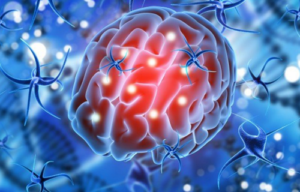Vertigo

When you have vertigo, you experience unsteadiness and dizziness and may even feel like you or your surroundings are moving, spinning, or swaying. It may result in sickness and incapacity. Although it can strike at any age, vertigo is most frequently experienced by the elderly. It could be a short-term or long-term condition. It isn’t very easy to function when symptoms appear while doing an activity like driving a car or using machinery.
Vertigo is the sensation that the world is spinning, whirling, or rocking even while a person is standing motionless. Vertigo and dizziness are terms that some people use interchangeably to describe a range of symptoms, from balance issues and trouble walking to motion sickness or lightheadedness. On the other hand, the majority of medical specialists regarded vertigo as a different complaint involving the brain’s and inner ear’s balance centers.
Vertigo Symptoms and Signs
Vertigo symptoms might differ from person to person. Your symptoms might be light or severe depending on what’s causing the problem.
Some typical peripheral vertigo warning signs and symptoms are as follows:
- Dizziness
- A sensation of movement or spinning
- Difficulty focusing the eyes
- One-year hearing loss Balance issues
- An earache that ringers
- Sweating
- Nausea or diarrhea
- Dual perception
- Having trouble swallowing
- Facial immobility
- Eye movement challenges
- Unsteady speech
- Frail limbs
